In response to the above call, the revolutionary armed forces and people fought many battles and won victories against the Japanese army everywhere. In the Tran Hung Dao war zone, in early July 1945, the Liberation Army and Self-Defense Forces fought in coordination with workers and soldiers who were enlightened by the revolution, attacked and captured Uong Bi fort and Bi Cho camp, and won a quick victory. Notably, on July 20, 1945, the Liberation Army and Self-Defense Forces fought in coordination with revolutionary bases, suddenly capturing Quang Yen town, capturing 500 security soldiers, and seizing many weapons. The above victory created favorable conditions for the rapid development of the Liberation Army and the promotion of the revolutionary movement.
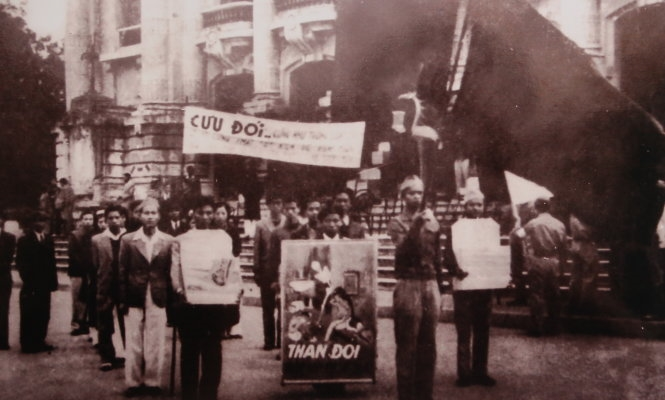 |
| Viet Minh forces supported people in destroying Japanese rice warehouses. Photo archive |
In Quang Trung war zone, the Liberation Army and the people defeated the Japanese sweep. On July 4, 1945, a Japanese army company used military vehicles to penetrate deep into the central area of the war zone, intending to destroy the revolutionary army and retake this strategic base. When the enemy arrived, the gongs, drums, and wooden fish of the people immediately rose up to threaten their spirit; from one village it quickly spread to the entire war zone. Guerrillas and self-defense forces destroyed roads and blocked the enemy's advance. Meanwhile, the Liberation Army and self-defense forces fought to block them in the central area. Faced with the strong fighting spirit of the people and being exhausted by the armed forces, the Japanese had to flee and retreat to Nho Quan (Ninh Binh).
On July 16, 1945, the Liberation Army unit coordinated with Vinh Yen province guerrillas to attack Tam Dao post on a high mountain peak, with 20 Japanese soldiers and 70 soldiers in green uniforms, commanded by a Japanese officer and a second officer. After 2 hours of fighting, the Japanese were completely destroyed, we freed more than 100 prisoners (both ours and the French), captured all weapons, and liberated Tam Dao town. The victory in Tam Dao made the Japanese army confused and scared, contributing to the rapid disintegration of the security force. To expand the victory, the Liberation Army sent armed forces to the localities to propagate and contact the war zones to coordinate the fighting.
Although the armed forces were small in number and had rudimentary weapons and equipment, thanks to the mobilization of the people to fight the enemy, our army and people's anti-sweep campaign was successful, protecting the revolutionary base. Meanwhile, the political struggle movement in the Northern Delta and North Central continued to rise with many diverse forms. The struggle against the Japanese invaders to collect rice, collect taxes and to take back rice from their hands became more and more exciting, attracting a large number of people to participate. Interspersed with these struggles were volunteer speeches, armed propaganda in markets, ferry terminals, factories, schools, theaters, campaigns to eliminate traitors, destroy the enemy, and warn the mandarins and prime ministers. Leaflets, banners, and red flags with yellow stars appeared in many places, even in Japanese barracks and the offices of the puppet government apparatus.
In some places in the plains, anti-Japanese guerrilla bases appeared; the prestige of the Viet Minh Front resounded throughout the cities and countryside, the plains and the mountains. In addition to workers, farmers, small traders, small owners, students, and civil servants enthusiastically participating in the revolution, at this time there were also national bourgeoisie and some landlords who supported the revolution. National salvation organizations, especially national salvation and combat self-defense teams, developed rapidly, and people's liberation committees were established in many localities, creating momentum for the August General Uprising in 1945.
SON BINH
Source: https://www.qdnd.vn/quoc-phong-an-ninh/nghe-thuat-quan-su-vn/can-buoc-quan-nhat-truoc-tong-khoi-nghia-843894



![[Photo] National Assembly Chairman Tran Thanh Man chairs the 8th Conference of full-time National Assembly deputies](https://vphoto.vietnam.vn/thumb/1200x675/vietnam/resource/IMAGE/2025/9/29/2c21459bc38d44ffaacd679ab9a0477c)
![[Photo] General Secretary To Lam attends the ceremony to celebrate the 80th anniversary of the post and telecommunications sector and the 66th anniversary of the science and technology sector.](https://vphoto.vietnam.vn/thumb/1200x675/vietnam/resource/IMAGE/2025/9/29/8e86b39b8fe44121a2b14a031f4cef46)
![[Photo] General Secretary To Lam receives US Ambassador to Vietnam Marc Knapper](https://vphoto.vietnam.vn/thumb/1200x675/vietnam/resource/IMAGE/2025/9/29/c8fd0761aa184da7814aee57d87c49b3)
![[Photo] General Secretary To Lam chairs the meeting of the Central Steering Committee on preventing and combating corruption, waste and negativity](https://vphoto.vietnam.vn/thumb/1200x675/vietnam/resource/IMAGE/2025/9/29/fb2a8712315d4213a16322588c57b975)
![[Photo] Many streets in Hanoi were flooded due to the effects of storm Bualoi](https://vphoto.vietnam.vn/thumb/1200x675/vietnam/resource/IMAGE/2025/9/29/18b658aa0fa2495c927ade4bbe0096df)
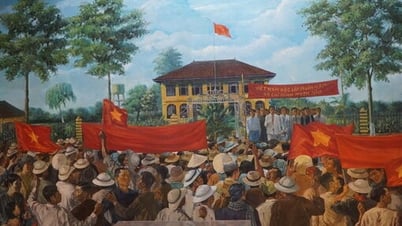



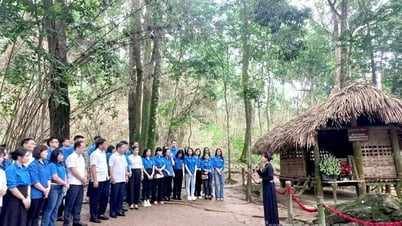

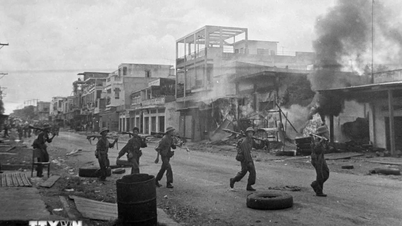

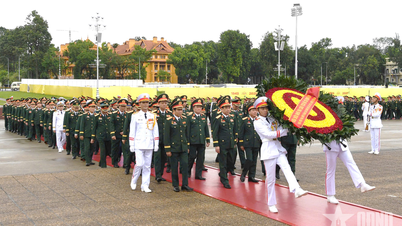

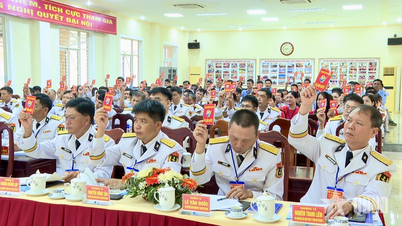
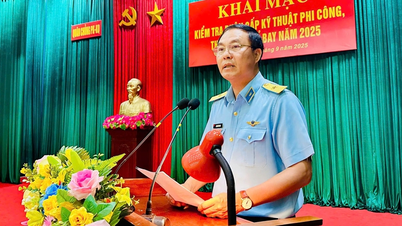
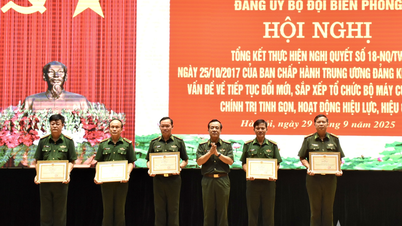
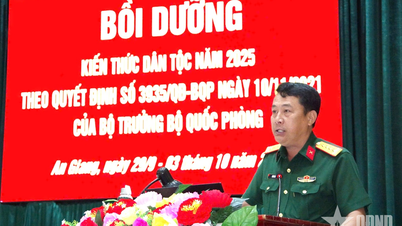




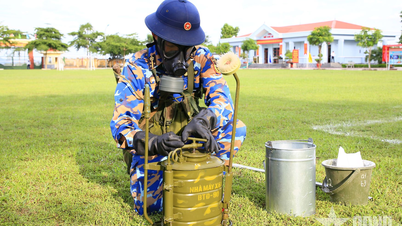

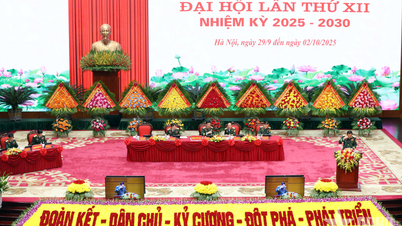
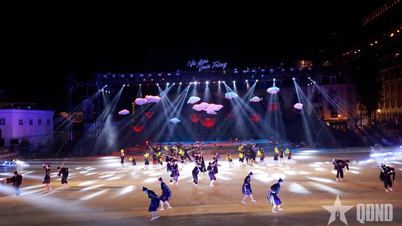
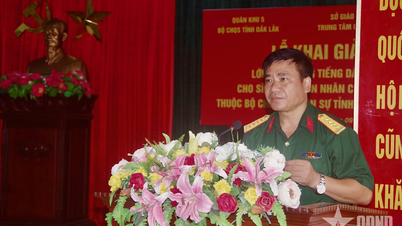
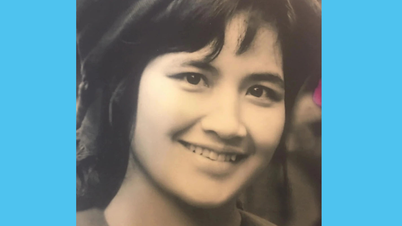










































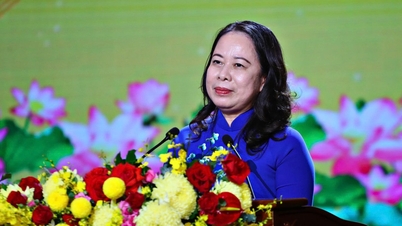




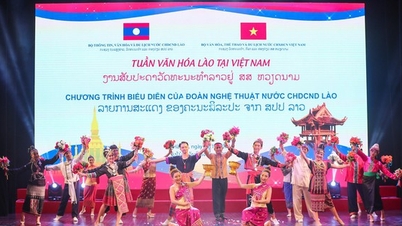
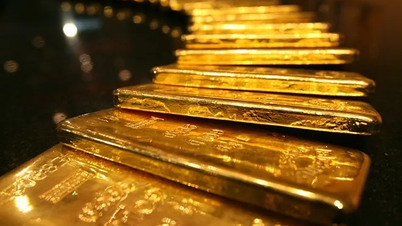

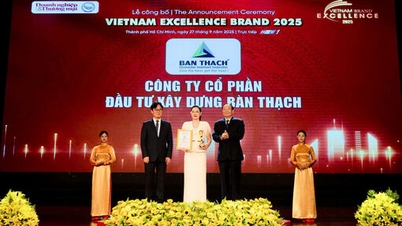
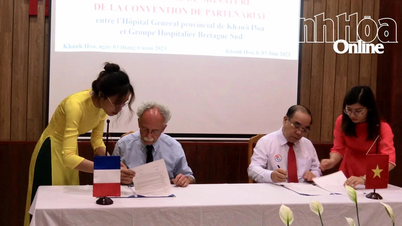
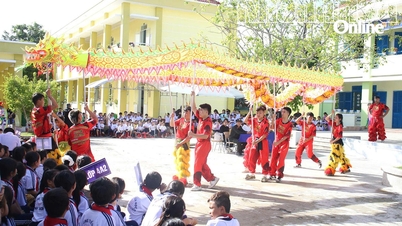











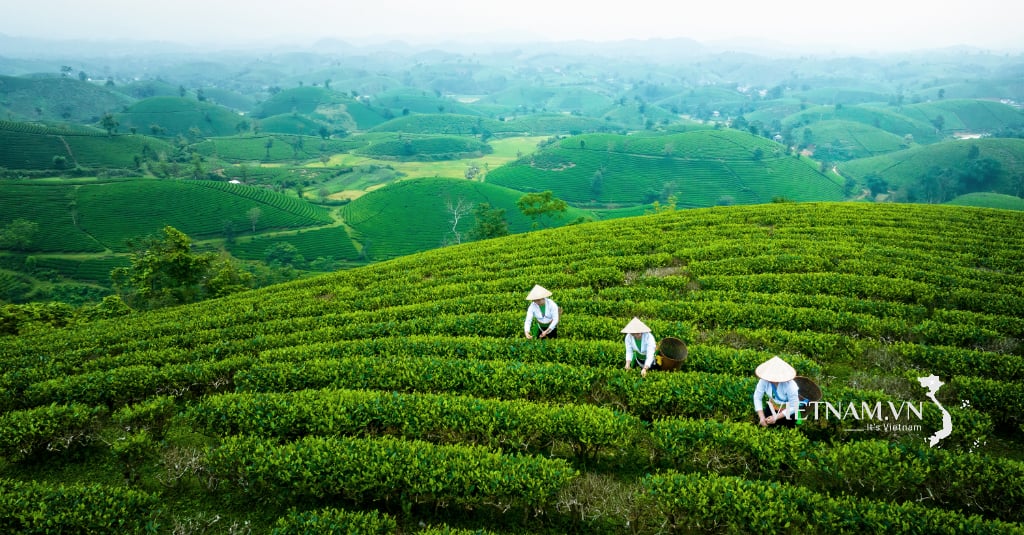

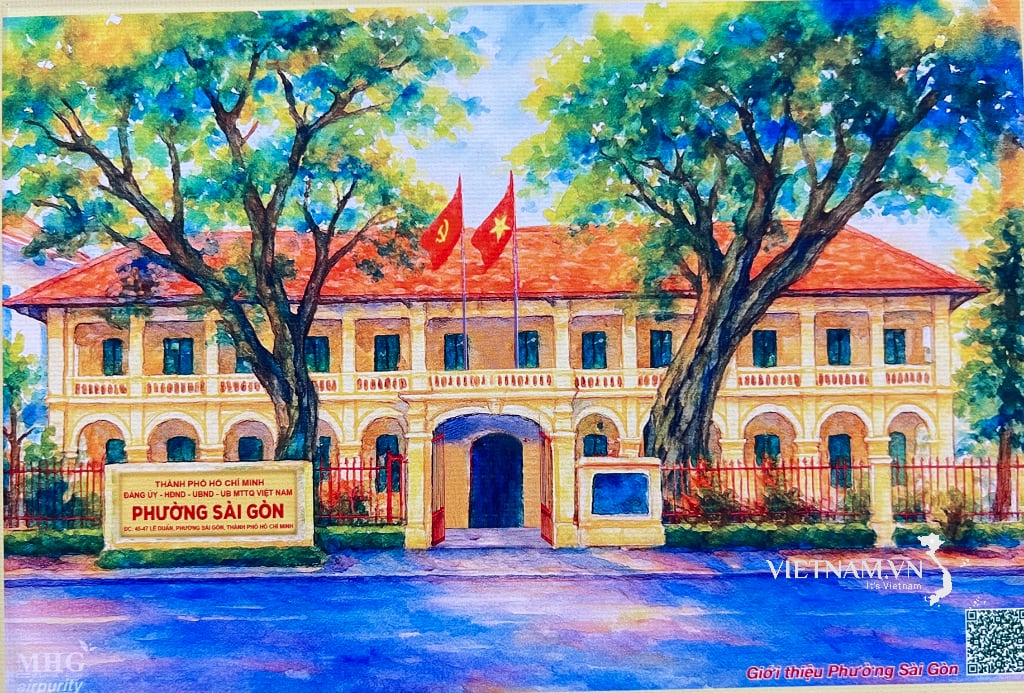

Comment (0)